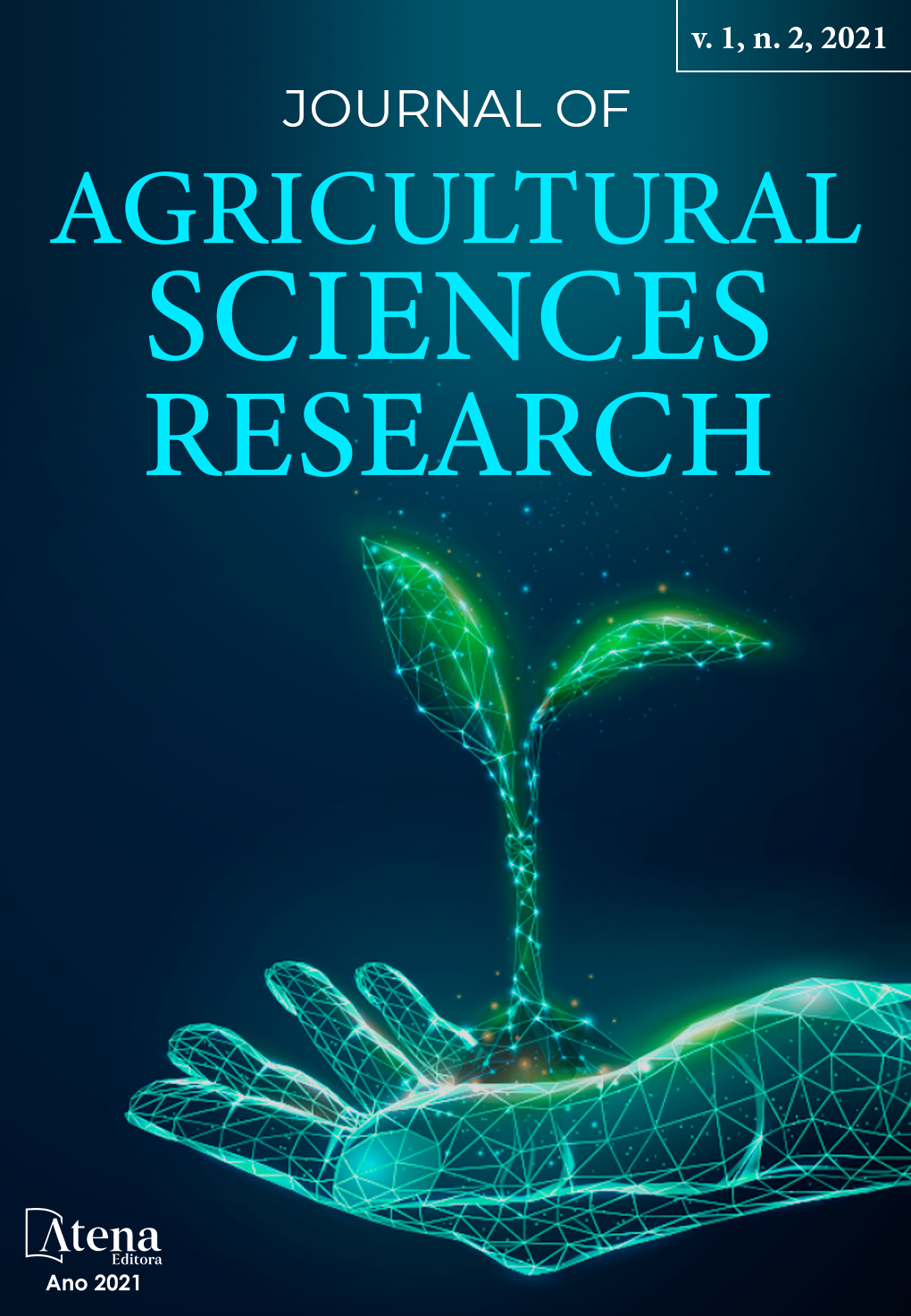
THE SUSTAINABILITY OF PISICULTURE IN THE MUNICIPALITY OF PATO BRAGADO ASSESSED BY THE MESMIS: “WILL IT BE FOR FISH?”
This work aims to use indicators that make up the MESMIS method in order to assess whether the fish farming activity in the municipality of Pato Bragado/PR is sustainable and promotes local development, constituting a tool for consultation by municipal managers. When prioritizing the qualitative analysis in the study, the inter-complementary knowledge of fish farmers was considered to problematize it, making it possible to apply the method that helped to quantify the sustainability of the fish farming activity. Critical factors were pointed out by indicators, based on the relationship between environmental, social and economic processes to be rethought, however it is concluded that there is intention towards sustainability due to the relationship to be activated between social actors who understand fish farming as a ascending activity in Pato Bragado because it plays an economic and social role if organized in a productive arrangement, however, because it uses natural resources, it needs attention from the factors involved in local development through the territorial bias to articulate the challenge for a municipal plan of rural development with identity, socially cohesive and environmentally cared for.
THE SUSTAINABILITY OF PISICULTURE IN THE MUNICIPALITY OF PATO BRAGADO ASSESSED BY THE MESMIS: “WILL IT BE FOR FISH?”
-
DOI: 10.22533/at.ed.9732111117
-
Palavras-chave: Sustainability; SAME; Pisciculture; rural development plan; Pato Bragado.
-
Keywords: Sustainability; SAME; Pisciculture; rural development plan; Pato Bragado.
-
Abstract:
This work aims to use indicators that make up the MESMIS method in order to assess whether the fish farming activity in the municipality of Pato Bragado/PR is sustainable and promotes local development, constituting a tool for consultation by municipal managers. When prioritizing the qualitative analysis in the study, the inter-complementary knowledge of fish farmers was considered to problematize it, making it possible to apply the method that helped to quantify the sustainability of the fish farming activity. Critical factors were pointed out by indicators, based on the relationship between environmental, social and economic processes to be rethought, however it is concluded that there is intention towards sustainability due to the relationship to be activated between social actors who understand fish farming as a ascending activity in Pato Bragado because it plays an economic and social role if organized in a productive arrangement, however, because it uses natural resources, it needs attention from the factors involved in local development through the territorial bias to articulate the challenge for a municipal plan of rural development with identity, socially cohesive and environmentally cared for.
-
Número de páginas: 19
- Telma Regina Stroparo
- Leonardo Balcewicz Junior
- Fernando Santos da Silva
- Adir Luiz Colombo
- Nardel Luiz Soares da Silva
- Liliane Dalbello


